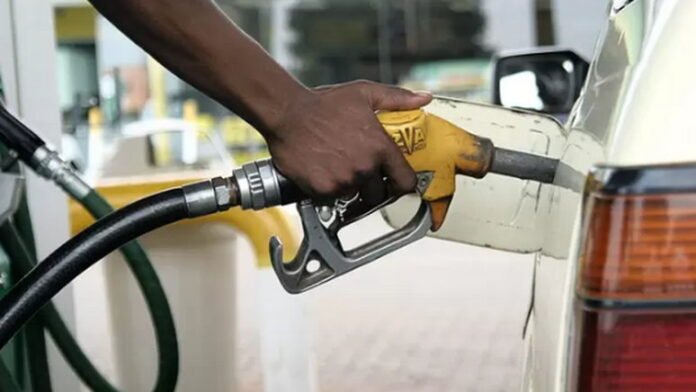Business
Petrol landing cost drops to N840 per litre

The landing cost of imported premium motor spirit (petrol) has declined slightly from N849.61 to N839.97 per litre, according to fresh data from the Major Energies Marketers Association of Nigeria (MEMAN).
Energy bulletins released by MEMAN’s Competency Centre showed that imported petrol landed at an average of N849.61 per litre on October 13, N847.61 on October 14, N841.54 on October 20, and N839.97 on October 21.
Despite the marginal reduction, depot owners have yet to adjust their gantry prices, leaving filling stations selling petrol at about N915 per litre and above as of Thursday.
According to MEMAN, the current landing cost is roughly N37 cheaper than the Dangote refinery’s gantry price, which stands at N877 per litre.
It was earlier reported that Dangote raised its ex-depot price from N820 to N877 without prior notice. This came even as many Nigerians were expecting the refinery to bring down pump prices to around N841 per litre, as promised during the launch of its compressed natural gas-powered trucks on September 15.
Major filling stations such as Mobil now sell petrol at N915 per litre, while the Nigerian National Petroleum Company Limited (NNPCL) retails at N928. Dangote’s partners, including Heyden and MRS, have kept prices above N920 per litre, reflecting the impact of Dangote’s N977 per litre ex-depot rate.
Independent marketers have argued that imported petrol should not be cheaper than locally refined products.
Since commencing petrol production in September 2024, Dangote Refinery has made several price reductions that squeezed importers’ profit margins and forced them to lower prices to stay competitive. At one point, importers and retailers claimed they were incurring losses and accused Aliko Dangote of attempting to dominate the petroleum market.
READ ALSO:Petrol price set to drop as Dangote Refinery resumes supply to marketers
A source at Dangote said that some marketers had petitioned regulators, asking them to prevent the refinery from “dictating” fuel prices.
When Dangote Refinery announced in September that it would slash petrol prices to N841 per litre in Lagos and the South-West, and N851 in Abuja, Delta, Edo, Rivers, and Kwara, depot owners reportedly opposed the move.
The Executive Secretary of the Depot and Petroleum Product Marketers Association of Nigeria (DAPPMAN), Olufemi Adewole, cautioned that portraying Dangote’s price cuts as patriotic ignored their timing and market impact.
Adewole said, “The price reductions were strategically timed when other importers had active cargoes at sea or in tanks, creating price shocks that undermined competition and imposed financial strain on fellow market participants, including the refinery’s own domestic customers.”
He added that, “The assertion that Nigeria’s downstream stability rests solely on one refinery is misleading and dismissive of the broader ecosystem. While we welcome the Dangote refinery as a major infrastructure project, its contribution has peaked at only 30 to 35 per cent of national demand.
The balance continues to be supplied by responsible petroleum product marketers, including DAPPMAN members, who import and distribute under strict regulatory oversight by the Nigerian Midstream and Downstream Petroleum Regulatory Authority.”
The recent surge in petrol prices — from around N865 to nearly N1,000 per litre in parts of the country — continues to surprise many Nigerians, especially as crude oil prices and the exchange rate have both stabilised in recent weeks.
MEMAN’s data showed declines in both crude prices and the naira-dollar exchange rate. The naira, which traded at about N1,700 to the dollar in the first quarter, now exchanges around N1,470. Similarly, crude oil prices have fallen from over $80 per barrel earlier in the year to about $61.
According to energy intelligence firm Kpler, Brent crude slipped below $60 per barrel last week — its lowest since May — after U.S. President Donald Trump threatened higher tariffs on Chinese goods. Although he later reversed course, the incident unsettled the market, highlighting its fragility.
(PUNCH)





















